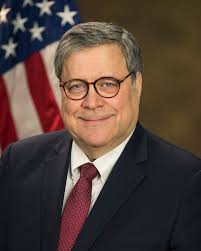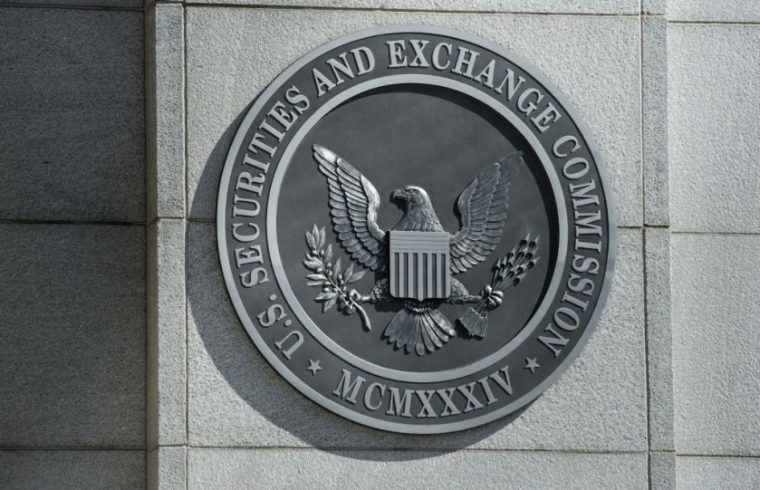US Attorney General William Barr touted the cooperation between the Justice Department and the Securities and Exchange Commission (SEC).
Barr was speaking at the U.S. Securities and Exchange Commission’s Criminal Coordination Conference.
“The cooperation between our two agencies is not new. The DOJ has long considered the SEC an indispensable partner in protecting markets and investors, promoting lawful commerce around the world, and deterring misconduct. Our two agencies have closely coordinated on a wide range of matters, and our cooperation has only grown as financial matters have become increasingly complex and globalized,” Barr stated in his speech.
He highlighted three ways in which cooperation between the SEC and US Department of Justice has been beneficial.
- The impressive record of joint enforcement
- The two agencies’ joint efforts to ensure that they avoid creating arbitrary and unnecessary barriers to economic growth through enforcement activities.
- the importance of the DOJ and the SEC’s work in promoting ethical business practices and sound corporate governance and compliance policies.
On point one, Barr noted, “I’ll begin with our coordination to punish wrongdoers and to protect investors. As I have mentioned, the white-collar crime, financial fraud, and corruption cases that our agencies handle are some of the most complex and difficult cases to uncover, investigate, and prosecute. Together, however, through information sharing and open dialogue, we are able to overcome those challenges.

“Take, for example, our work together on FCPA cases. These matters often involve complicated financial transactions, significant sums of money, sophisticated parties, and voluminous evidence scattered throughout the world. But by working together in close coordination, the SEC and the DOJ are often able to focus our work, and succeed in vindicating the law.”
Barr specifically noted the case of Mobile TeleSystems, the largest telecommunications company in Russia.
Barr noted, “The company agreed to pay over 850 million dollars to resolve the case, including a 100-million-dollar civil penalty to the SEC. The matter first came to the DOJ as a referral from the SEC, and our two agencies were able to work closely together to investigate and resolve the matter.”
On the second point, Barr noted, “While the DOJ and the SEC must be vigilant in investigating and prosecuting white-collar misconduct, we must also ensure that we are acting fairly and prudently. This leads to my second point. During parallel investigations, our agencies should ensure that we remain mindful of – and properly account for – the collateral consequences that our matters can sometimes have.
“These potential consequences include the cost to defend against an investigation, the cost associated with resolving the matter, and the intangible effects that a case can have on a company’s reputation and its ability to do business going forward. In many cases, these costs are borne not just by the wrongdoers, but also by others who were not involved in the misconduct, such as shareholders. And these costs are often amplified in our increasingly complex regulatory environment when multiple criminal and regulatory enforcement agencies seek to investigate the same or overlapping conduct.”
Regarding the third point, Barr said, “On this front, the DOJ and the SEC have co-chaired the Financial Fraud Working Group and jointly-published the Resource Guide to the FCPA.
“The Justice Department, of course, recently announced revisions to its FCPA Corporate Enforcement Policy. The new iteration of the Policy incentivizes good corporate behavior, expands transparency for companies seeking corporate resolutions, and increases the effectiveness of related individual prosecutions.
“The Policy achieves these goals by encouraging companies to voluntarily bring misconduct to our attention at an earlier stage and to fully cooperate with investigations. This way, the Justice Department can take more investigative steps and gather more evidence without having to go through as many formal processes, including Mutual Legal Assistance Treaty requests.”
The SEC has the power to dish out civil penalties while US Department of Justice has the power to hand out criminal penalties.
For incidents of fraud- particularly the issue of spoofing- the alleged criminal can face civil penalties from the SEC and also face criminal penalties from the US Department of Justice for the same act.









